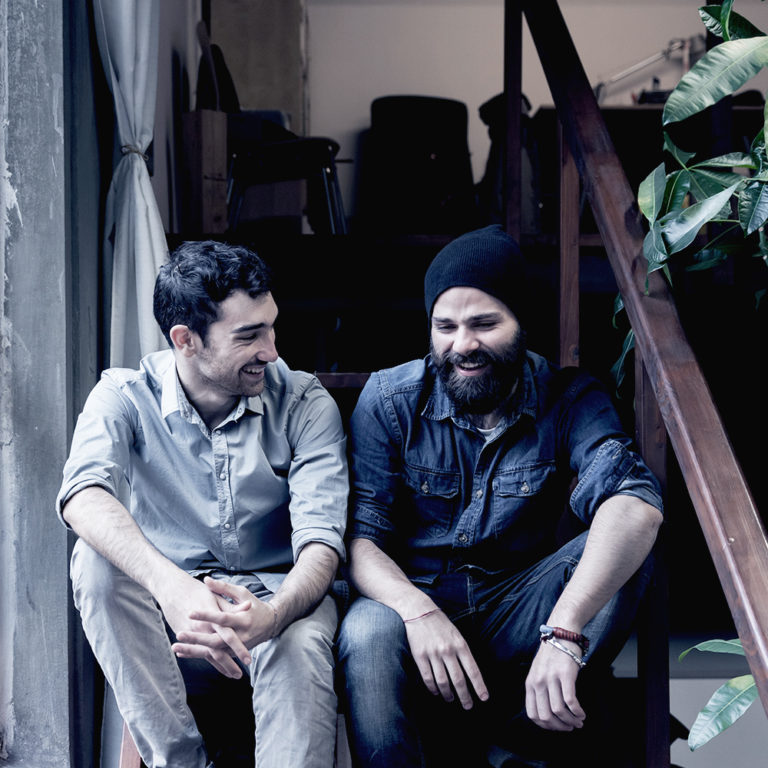About a month ago I fell in love…with a house. Give me a moment to back track here. I am the age where people usually purchase houses but I’ve never been in the financial situation where this was a viable option. Consequently, the thought has never really crossed my mind. That is until my Mom started planting the seed… “you know, you should really look into property,” or “James and Kathryn are buying property – you should think about it too.”
I ignored her for at least two months. Then all of a sudden, people all around me started to talk about property. I would meet up with an old friend and bam out of the blue in the middle of the conversation she would say, “have you thought about getting into property?”
“Nah,” I would respond. “It’s too expensive, too much admin. I don’t know, I just haven’t thought about it…” Then I would change the topic quickly to something else because at this point all the invisible pressure was making me more uncomfortable than an elephant in a kennel.
There’s only so much talk you can take before something in you gives in, so occasionally I would click onto a property website. I found myself bringing up property in discussions. Then I found emails in my inbox for property alerts someone must have signed up for.
Sigh…then I fell in love.
From the moment that email arrived with its bold text and I opened it to see the words: “Victorian,” “white” and “charm” I knew this was the one. I enquired and on the following Saturday went to the open house. It was exactly what I wanted. Well, to be honest I didn’t know what I wanted but when I saw this, I wanted it. You see, I’m a sucker for old houses.
Wooden floors are the boys with big smiles in my house world. I’m irresistibly drawn to them. The house was situated on a busy but eclectic street about a seven minute drive from my work. It was reasonably priced and when you walked into the large airy sitting room there was a sky-light at the top to let in extra light.
I wondered around dumbfounded, opening the cupboards and staring out the windows. Was it possible I had found my house on the first try?
I may have fallen in love, but unfortunately as it turns out I wasn’t the only one who fell in love. Before I could print out the paper to sign on the dotted line some punk bought my house with cash. I was heartbroken. I felt like the entire world was founded on injustice and every dream I ever had would never materialise. I sulked for two whole days.
Then I realised I had some thing to learn about this whole property thing before I got into it. I called up a property agent friend and asked him for the down low.
Get a feel for the neighbourhood
This is a tough one as nobody wants to spend a fortune on a neighbourhood and get a rotten house. At the same time nobody wants to invest into a “bad” neighbourhood. It’s very hard to know what will happen to a neighbourhood in say 10/5 years, when you want to sell your property.
Take a drive so you can get a feel of what’s going on and what the other streets are like. Look for schools and hospitals nearby as this often insures the neighborhood won’t plummet.
Get your finances together
Apply for a home loan and find out what you can actually afford. You can find loads of great houses out of your budget but where is that going to get any of us? You also don’t want to find the perfect house and then lose it because you still need to apply for loans. Prepare as much as you can.
The extras
People who rent have no idea what to expect as property owners. Find out all about what transfer costs are involved with purchasing the property. Look at what the agent fees are and what utilities you will need to cover. Don’t forget that this time when the geyser stops working it’s your back pocket that is going to fix it.
Don’t rush
Spend time getting to know the market. The first home you see does not (sob) have to be the home you buy. Wait, look around and see what’s out there. A home is a big cost and a big commitment so it’s worth waiting and doing the research.
Good news – I’ve recovered from my set back and I’m back in the hunt. Nothing has topped my perfect home but praying and believing that the right “other perfect” home is out there.










